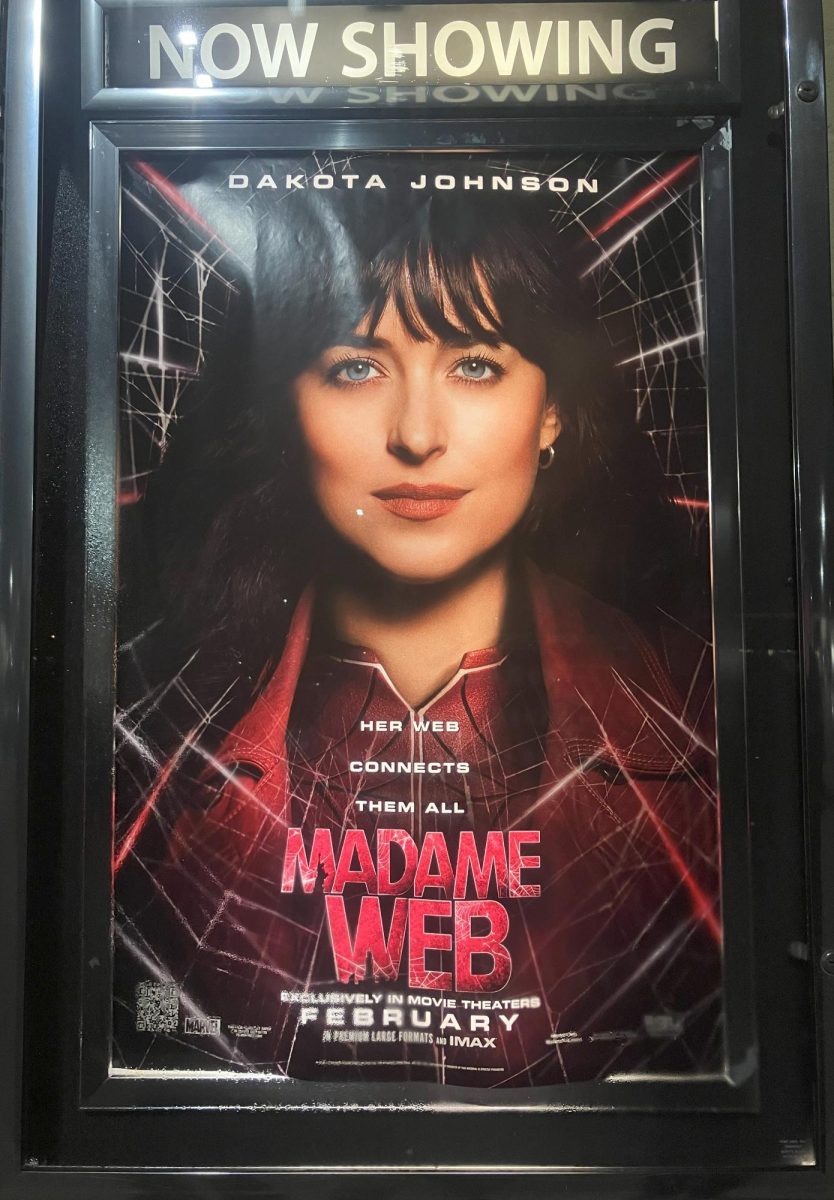How many times has someone told you that whatever you do isn’t normal?
It happens to a lot of people and for different reasons.
It might be because of the things they do and do not enjoy, but everyone has their concept of normal and are a little threatened by anything that challenges that concept.
Where does the idea of normal come from?
It comes from the TV shows we watch, the books we read and the music we listen to.
Every piece of media put out into the world is a message. Artists knowingly and unknowingly put their beliefs into any work they create. Consumers also conscious and subconsciously pick up these beliefs, slowly creating social norms.
These norms can be about anything from what constitutes boy versus girl toys, to what our concept of beauty is.
Gender norms are a perfect example. Joss Whedon, creator of “Buffy the Vampire Slayer” and countless other shows, was once asked why he kept writing strong female characters.
His response was, “Because you’re still asking me that question.” With that answer, Whedon pointed out one of the things that is wrong with our modern American culture. We are always surprised when a strong female character makes it either to any form of media.
This means there are countless books, movies, plays and other forms of media out there with a weak female protagonist that is influencing modern society, convincing us that femininity is a weakness.
There are many artists like Whedon who are combating this norm, but this could just as easily create a new norm. Not all strong female characters are as well-rounded as Buffy Summers, Veronica Mars or even a majority of the characters in “Orange is the New Black.” Some female characters might as well just become stereotypical macho males with boobs.
It is the little things that consumers have to watch for.
Ke$ha may sexualize men in her music much like men have sexualized women for generations, but is that really the battle we want on our hands: A fight over which gender can sexualize the other the most?
When we know where we are getting our social norms from, it is much easier to experience any sort of media with at least an ounce of intelligence.
An intelligent consumer doesn’t blindly follow along but questions everything, every character and every character’s action.
An intelligent artist makes sure they realize the messages they are sending and I hope that more and more artists follow in Whedon’s footsteps.
Gilberto Galvez / Features editor
Gilberto Galvez can be reached at [email protected].






